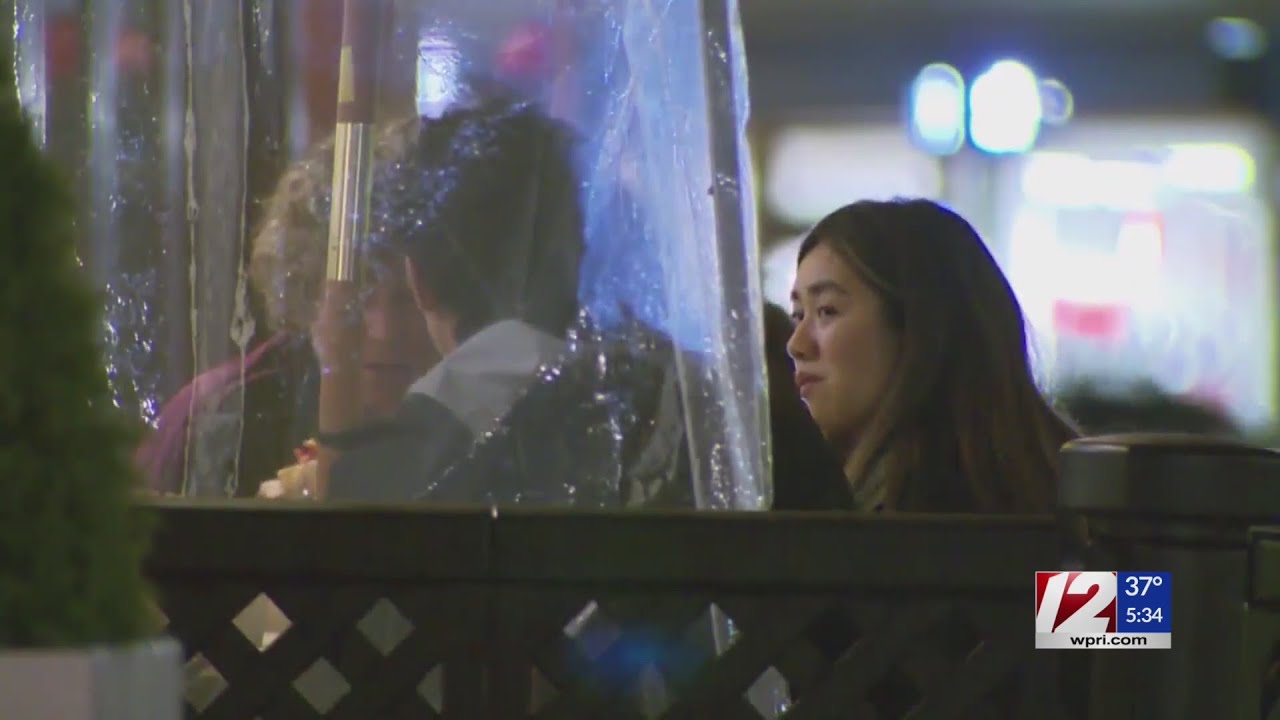Understanding the concept of curfew laws
Curfew laws are regulations implemented by governments to restrict the movement of individuals, particularly minors, during specific hours of the day and night. The purpose of curfews is to maintain public order, ensure the safety of individuals, and prevent potential criminal activity. These regulations aim to protect young people from dangerous situations and reduce the likelihood of them engaging in criminal behavior. Curfew laws vary from state to state in the United States, including in Rhode Island.
The influence of curfew regulations in society
Curfew regulations play a significant role in shaping society by influencing the behavior and activities of individuals, particularly young people. By enforcing curfews, governments aim to create safer communities and reduce the risk of crimes committed during late hours. These laws can impact the social dynamics of neighborhoods, as certain areas may become more deserted during curfew hours, leading to a decrease in potential criminal activity. Additionally, curfews can provide parents with a sense of security, knowing their children are at home and safe during specified times.
Examining the history of curfews in Rhode Island
Rhode Island, like many other states in the United States, has a history of implementing curfew laws as a means of maintaining order and ensuring public safety. The specific regulations regarding curfews in Rhode Island have evolved over time, reflecting changing societal needs and perspectives on curfew enforcement. The history of curfews in Rhode Island showcases the state’s ongoing commitment to protecting its residents, particularly its youth, from potential harm and criminal activity.
Are there specific curfew hours in Rhode Island?
In Rhode Island, specific curfew hours are in effect for individuals under the age of 18. These curfew hours vary depending on the day of the week. On weekdays (Sunday through Thursday), the curfew hours in Rhode Island are from 11:00 PM until 5:00 AM the following day. On weekends (Friday and Saturday), the curfew is extended to 12:00 AM until 5:00 AM. It is important for young individuals and their parents to be aware of these curfew hours to avoid any potential legal consequences.
Factors that determine curfew regulations in the state
Curfew regulations in Rhode Island, like in other states, are influenced by various factors. The primary factor is the aim to prioritize public safety, particularly for young individuals who may be more susceptible to engaging in criminal behavior or becoming victims of crimes during late hours. Additionally, the state may take into consideration crime rates, community concerns, and the need to strike a balance between individual rights and maintaining public order when determining curfew regulations.
Exceptions to the curfew rules in Rhode Island
While curfew laws apply to individuals under the age of 18 in Rhode Island, there are exceptions to these rules. For example, if a minor is accompanied by a parent or guardian, they may be exempt from the curfew regulations. Additionally, exemptions may be granted for minors who are participating in employment, attending school events, religious activities, or emergencies. It is essential for individuals and their parents to be aware of these exceptions to avoid any unnecessary legal issues.
The role of law enforcement in enforcing the curfew
Law enforcement agencies in Rhode Island play a vital role in enforcing curfew regulations. They are responsible for ensuring that individuals under the age of 18 are adhering to the specified curfew hours. Law enforcement officers may patrol areas known for high levels of juvenile activity to deter potential violations of curfew laws. They have the authority to question and detain individuals who are found violating curfew regulations and may take appropriate action based on the circumstances.
Consequences for violating curfew laws in Rhode Island
Violating curfew laws in Rhode Island can lead to legal consequences for both minors and their parents or guardians. Minors who are found in violation of curfew regulations may be subject to warnings, fines, community service, or even mandatory educational programs. Parents or guardians who allow their children to violate curfew laws can also face penalties, including fines or community service. It is essential for individuals and families to be aware of the potential consequences to ensure compliance with curfew regulations.
The impact of curfew on crime rates in the state
The impact of curfew laws on crime rates in Rhode Island is a subject of ongoing debate. Proponents argue that curfews help reduce juvenile crime by limiting opportunities for criminal activity during late hours. They believe that by restricting young people’s movements, curfews can create a safer environment and reduce the likelihood of engaging in unlawful behavior. However, critics argue that curfews may not effectively decrease crime rates and can disproportionately affect marginalized communities. Evaluating the impact of curfew laws on crime rates requires further research and analysis.
Public opinion on curfew regulations in Rhode Island
Public opinion on curfew regulations in Rhode Island varies. Some individuals support curfews as a necessary measure to ensure public safety and protect young people from potential harm. They believe that curfews provide structure and discipline for youth, fostering a sense of responsibility. However, others view curfew laws as unnecessary and infringing upon individual rights and freedoms. They argue that curfews can be unfairly enforced and may disproportionately target certain communities. Public opinion continues to shape the discourse surrounding curfew regulations in Rhode Island.
Evaluating the effectiveness of curfew laws in Rhode Island
Evaluating the effectiveness of curfew laws in Rhode Island is a complex task. While curfews aim to maintain public safety and reduce criminal activity, their impact may be influenced by various factors such as community engagement, law enforcement practices, and socioeconomic conditions. Further research and analysis are necessary to determine the extent to which curfews effectively achieve their intended goals. Additionally, understanding the long-term effects of curfew laws on individuals’ behavior and crime rates is crucial for ongoing evaluation and potential adjustments to these regulations.





